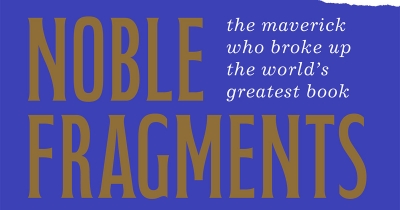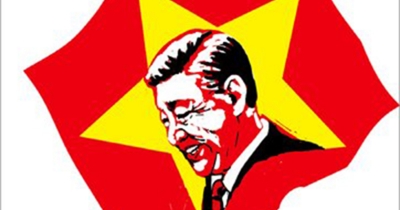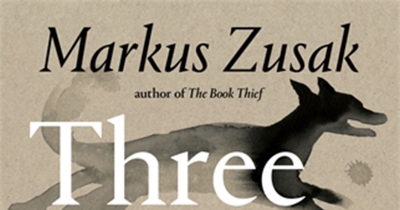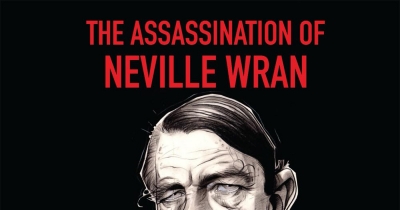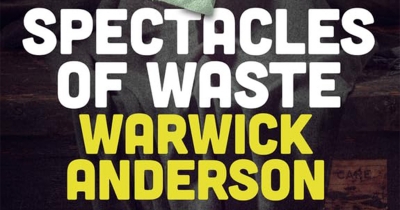Review
Noble Fragments: The maverick who broke up the world’s greatest book by Michael Visontay
by Jason Steger •
A Political Memoir: Intellectual combat in the Cold War and the culture wars by Robert Manne
by Frank Bongiorno •
On Xi Jinping: How Xi’s Marxist Nationalism is shaping China and the world by Kevin Rudd
by Neil Thomas •

